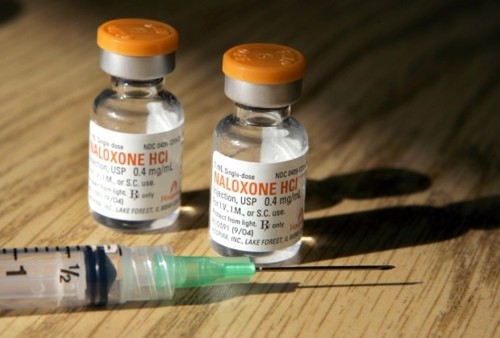June overdose death numbers show increase
Updated statistics from the BC Coroners Service show the number of illicit drug overdose deaths among B.C. residents has increased.
The total number of overdose deaths for June 2016 was 56, an increase from 43 in May 2016. A total of 371 overdose deaths have been reported from January to June 2016.
The most recent fentanyl-related overdose numbers show a decrease from 46 overdose deaths in April 2016 to 27 in May 2016. A total of 188 fentanyl-related overdose deaths have been reported from January to May 2016. We continue to monitor these statistics as more information becomes available.
Provincial health officer Dr. Perry Kendall declared a state of emergency in April 2016 in response to the rising number of overdose deaths in B.C. Since that time, Dr. Kendall and chief medical health officers have been working with health authorities, emergency room staff, first responders and the BC Coroners Service to prevent future overdoses.
In addition on July 1, 2016, the College of Physicians and Surgeons of BC made changes to prescribing requirements, making is easier for doctors to prescribe Suboxone to treat opioid addiction. The College has also recently adopted new professional standards to help doctors prescribe opioids more safely.
B.C. was the first province in Canada to establish a provincewide take-home naloxone program. Naloxone is a safe medication that can reverse the effects of an overdose of an opioid drug, such as heroin, morphine, fentanyl or oxycodone. Recently, the federal government also approved naloxone nasal spray kits for sale in Canada and government is working with Health Canada and provincial partners to introduce this product in B.C. as soon as possible.
While the provincial health officer always advises against the use of illicit drugs, people who do take illicit drugs should not use alone, should inject slowly and use supervised consumption services when possible. Call 9-1-1 at the first sign of distress, such as trouble breathing or loss of consciousness.























